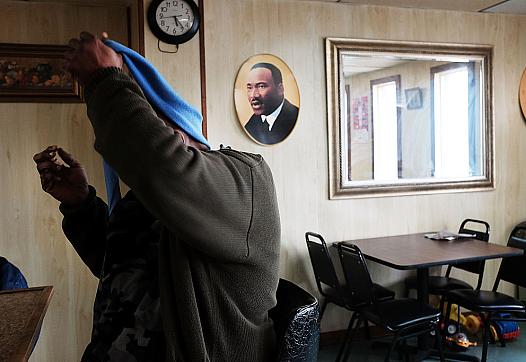
Hundreds of studies show Medicaid expansion saves lives. So why do lawmakers reject the program or impose punitive rules during a pandemic that hit low-income Black and Brown people so hard?

Hundreds of studies show Medicaid expansion saves lives. So why do lawmakers reject the program or impose punitive rules during a pandemic that hit low-income Black and Brown people so hard?

Amid the pandemic, changes to the county’s needle exchange programs are on hold.
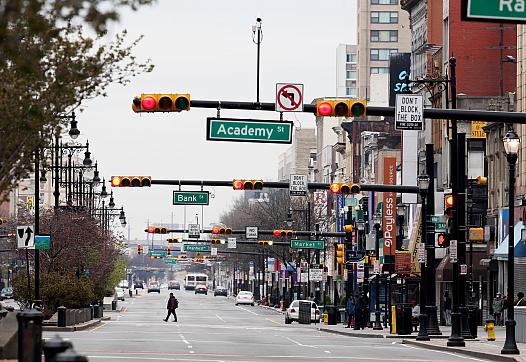
Newark's COVID-19 death toll among Blacks seems to have been less severe compared to other urban hubs in the nation. Why?
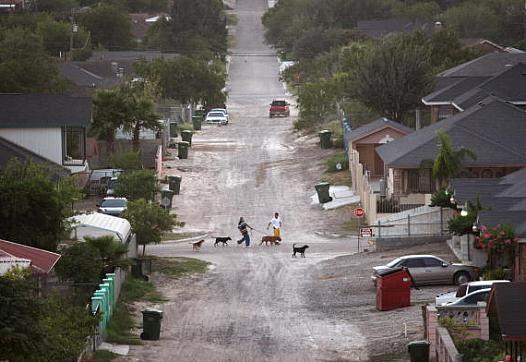
During the pandemic, the “colonias” along the border in south Texas have been devastated on multiple fronts.

Social and bureaucratic hurdles have caused unnecessary delays in obtaining what can be a lifesaving antiretroviral medication.
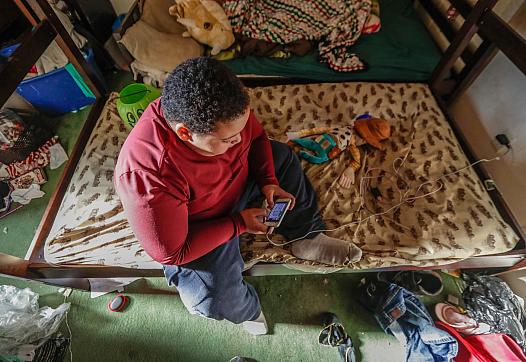
This zip code has more poor households than anywhere else in Florida. The coronavirus outbreak has only made it worse.
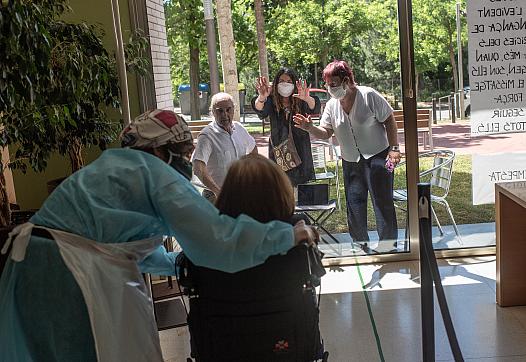
Charlie Ornstein of ProPublica and Reuters' Chris Kirkham talk strategy.
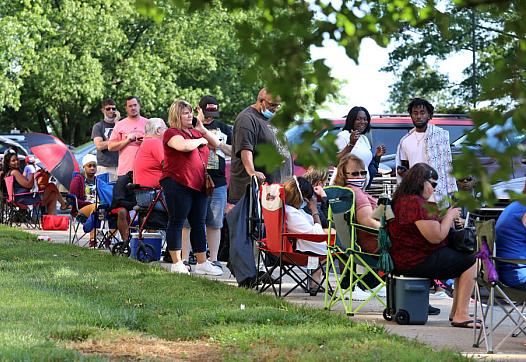
The loss of a job shouldn't mean the loss of health care or devastating medical bills. Here's what states can do now to help.

During shelter-in-place, some hotel rooms were opened to homeless people — yet weren't being filled.
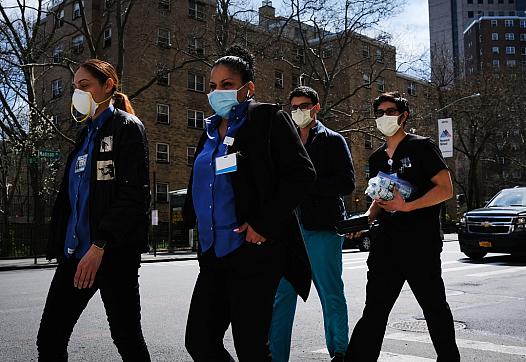
Many others, especially those in rural areas, will go out of business.